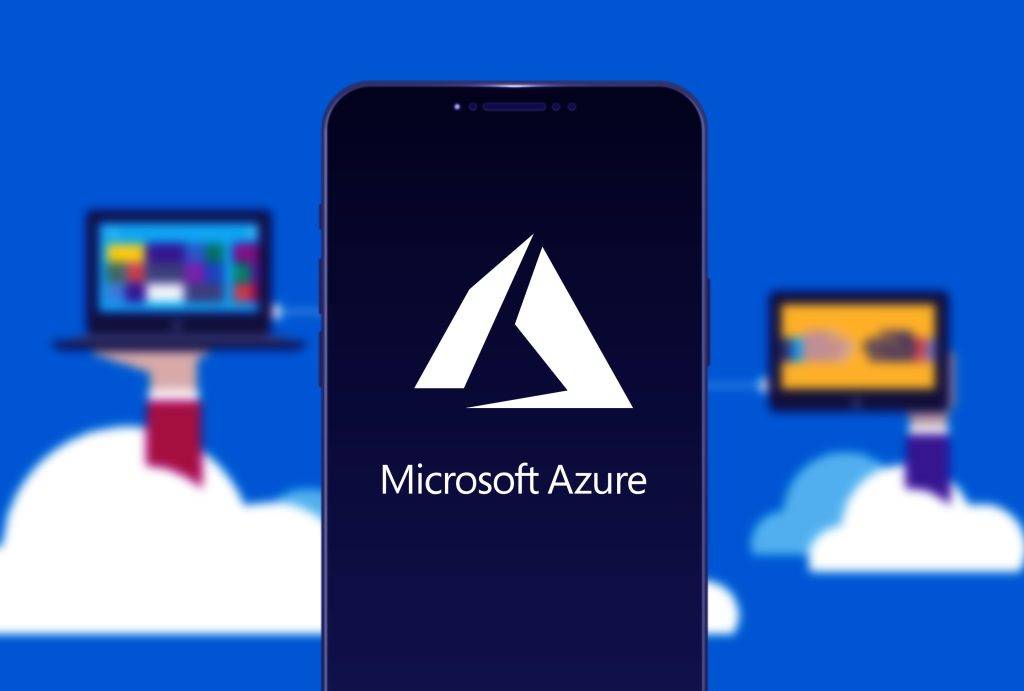Azure Insights: Monthly Round Up
Each month we share the latest news and updates from Microsoft including key changes, General Availability (GA) releases, Public Previews and new resources.
Welcome to our first
Azure Insights: Monthly Round Up!
Authored by Anthony Norwood
As an IT leader your to do list is overflowing, staying informed about the latest Microsoft Azure changes isn’t always easy. Each month we’ll be sharing the latest news and updates from Microsoft including key changes, General Availability (GA) releases, Public Previews and new resources. One less thing for you to think about.
Our cloud experts will also share their advice and opinions to help you understand the impact and benefit to your business. Whether that’s improving security, optimising performance, better cost management or access to the latest features, we’ll keep your business one step ahead.
Over the past three months there have been a host of changes. Let’s dive in.

General Availability (GA) Releases
Update on MFA Requirements for Azure Sign-in
All logins to the Azure platform will require MFA by the end of Q3 2024.
What that means for you?
For 99% of accounts this a much needed and welcomed default behaviour change that will force users to use MFA when accessing the Azure Portal and from next year also when accessing via command line tools. However, where you have implemented breakglass or emergency accounts you should now make plans to implement hardware-based tokens for these accounts (with a backup hardware-token stored in a different physical location to the primary) to maintain access to the Azure Portal in the future.
Intra-region Availability Zone Transfer Pricing
As of May 21st 2024, intra-region Availability Zone transfers are now free in Azure. This allows clients and partners to design and build highly-resilient and efficient applications hosted in Azure without the need to worry about the cost of transferring data between Availability Zones.
What does this mean for you?
This is a welcome change from Microsoft, making intra-region redundancy an even more attractive option when trying to balance application and workload availability with cost.
Azure Reservation Exchanges
Exchanges for Azure Reservations, originally stated to be removed on 1st January 2024, are to remain available until further notice.
What does this mean for you?
This hasn’t been cancelled completely by Microsoft, therefore we should be mindful that exchanges probably won’t be around for ever. The continued ability to exchange them for the time being offers much needed flexibility to customers and partners when making long term decisions around resource provisioning, sizing, and costings.
Azure API Center
Azure API Center has been made generally-available, enabling better insights into API Management instances deployed within your environment and helping to prevent sprawl and improve governance of your API endpoints – public or private.
What does this mean for you?
If you’re a developer looking to gain better insights across your API Management instances, or an administrator wanting to make sure that the sprawl hasn’t grown beyond manageable proportions then this new resource is just what you need.
GPT-4 Turbo with Vision on Azure OpenAI
The latest GPT-4 Turbo model with support for both text and images is now available via the Azure OpenAI Service.
What does this mean for you?
Further strives in the AI space from Microsoft, utilising their partnership with OpenAI to the fullest and delivering those new models to consumers for them to leverage and take advantage of.
Azure Bastion Developer SKU
A new SKU for Azure Bastion, a secure browser-based connectivity tool for Azure VMs, has been made available at no cost to support development environments and workloads.
What does this mean for you?
Remote access to resources is one of the key security and cost considerations for businesses today. The new SKU offers a free option for use in Development and non-critical environments to provide a secure remote access endpoint for RDP and SSH connectivity to virtual machines hosted in Azure without the need for separately deployed VPNs.
Azure Site Recovery support for Trusted Launch VMs (Windows OS)
Windows VMs with Trusted Launch enabled are now supported in Azure Site Recovery for zonal and global redundancy.
What does this mean for you?
If you’re required as a business to enable Trusted Launch for regulatory or compliance, until now you’ve been unable to use Azure Site Recovery for disaster recovery – now you’re able to replicate these machines into alternate zones or regions for failover capability in disaster situations.
Announcing kube-egress-gateway for Kubernetes
Public IPs can now be assigned to a cluster for egress traffic.
What does this mean for you?
Previously you needed to manage node placement to force pods egress traffic out via known IP addresses and governed by the node VM being associated with NAT Gateways or direct IP assignment. Now you can assign the public IP or IPs to the cluster and route the traffic within Kubernetes.
Public Previews
- Azure Virtual Network Manager UDR management
- Application Gateway v2 Basic SKU
- GPT-4o multi-modal model (text, images and audio)
- Sensitive data protection for Azure Front Door Web Application Firewall
- AKS Automatic
- UI dashboard for Standard Logic Apps
- Azure WAF and Azure Firewall integration in Copilot for Security
- Log Analytics Workspace Replication
- Azure cross-subscription Load Balancer
- Azure Backup for Elastic SAN
- Force detach zone redundant data disks during zone outage
- Windows Server 2025 now available
New Resource
- Ultra Disk Storage now available in Italy North
- New region now available in Mexico to support LATAM-based clients and workloads
If you have any questions about the updates in this post or if you would like to know more about our Microsoft Azure services please contact us. You can also subscribe to our monthly Azure Round Ups below so that you never miss an update.
Subscribe to our Azure Newsletter

Question?
Our specialists have the answer



